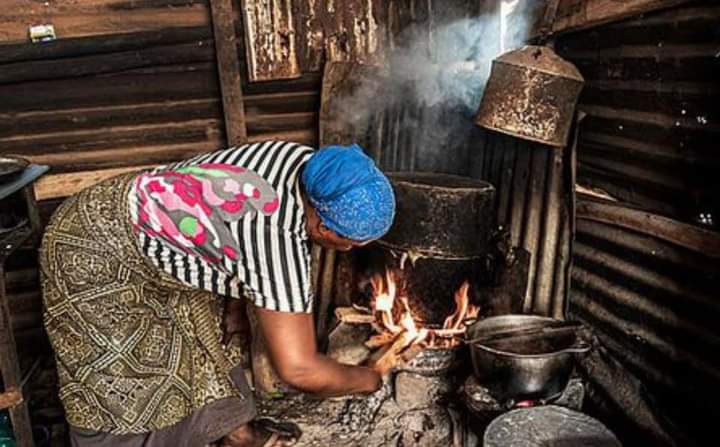A head of the household returned home after a long day of trying to fend for the family. Previously, he had bought some dry rations to take through the family during the lockdown. He was warmly welcomed back by the people he had left at home, helping him to settle in so they could serve him some tea and some food later.
Upon entering the kitchen, he saw a saucepan on the electric cooker and as he passed by, he realized the people he had left at home were cooking dry beans. He screamed his lungs out — how could you cook beans using electricity? “Do you want me dead?” he further screamed. This message was contained in a viral meme that has been circulating in the last few days.
If you carried out a living standards survey in Uganda, you will realize that they aren’t many households with electric cookers. Those who have such gadgets are supposed to be middle or upper class or high-income earners. Electricity is considered expensive to use for cooking stuff that don’t even need as much energy as dry beans.
In many households that have electric cookers, the purpose for them is to quickly make an egg omelette, warm milk for kids before they run to school and such other light meals.
Cooking meals for the entire households is usually done using charcoal and/or firewood especially by those families that don’t put their hands in the public till. It is considered less expensive to use charcoal and firewood than electricity. In some households, electricity is only for lighting, charging phones, and watching TV once in a blue moon. This has made wood the biggest source of energy in Uganda leading to the depletion of our natural forests and significantly contributing to climate change.
Uganda’s installed generation capacity is 1,268.9Megwatts as of June 2021 which is largely clean energy from hydro plants. With Karuma and other small hydro plants under construction such as Nyamagasani 1 and Achwa 1 coming online in mid 2022, the installed capacity will increase to 1,900MW. However, the transmission is still low at 3,100.5km as of June 2021, which limits supply to especially rural areas.
However, for those who are already connected to the grid, affordability is a key issue which makes old men cry when they return home and electricity is being used to cook dry beans instead of frying eggs and warming milk for kids.
Yet there is a cost beyond climate change to households that depend entirely on biomass energy sources such as wood. Smoke from charcoal and firewood is said to cause non communicable diseases like cancer, which kill many people every year. Chronic diseases like cancers are also key contributors to household poverty as they are costly to treat. When a member of a household in Uganda is sick, there are several other people who devote all their time to looking after the person instead of working. Money that would have enabled kids to go to school is instead used for treating the sick. For cancers, even household properties such as land is sold in a bid to save a life, which further denies the affected household income thereby sinking it into abject poverty.
Electricity is capital intensive and for the private sector that is involved, there must be a return on investment for them. However, the government of Uganda must always support the Ministry of Energy and Mineral Development to push for wood to power initiatives so people can use less biomass energy. The ministry through the Electricity Regulatory Authority recently reduced the power tariffs but more must be done so that households can use electricity for cooking beans and ironing.
If more people are connected to electricity and use it for cooking and ironing, the cost of distributing that power will be less. Numbers significantly reduced the cost of telephony; they can do the same for electricity. Also, there won’t be power generated and not used, a factor that somewhat makes electricity expensive.
Promotion of renewable energy such as solar heaters, biogas technologies, and power saving systems such as automated security lights for homes and businesses could be a solution. Households must also learn to carry out regular power audits so that they understand what consumes their electricity to reduce on the bill or turn that energy into cooking and ironing instead of having a heart attack when dry beans and cow hooves are cooked using electricity.
The writer is a communication and visibility consultant. djjuuko@gmail.com
Do you have a story in your community or an opinion to share with us: Email us at editorial@watchdoguganda.com













